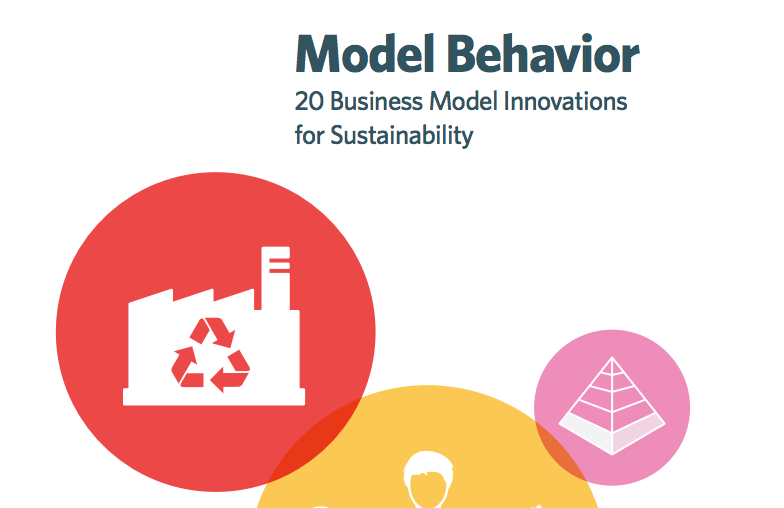
The thinktank SustainAbility has named co-operatives as one of the 20 business models that promote sustainability-related business model innovation. In its report “Model Bahavior” the thinktank ranks the co-operative model as the second most innovative business model in the context of sustainability.
The report explains that co-operatives change the incentive system within a company to make members, whether employees or customers, more likely to feel invested in the company and its brands.
“Whereas a traditional shareholder model focuses almost exclusively on meeting investor expectations, a co-operative model often takes broader stakeholder concerns into account, including those of employees, customers, suppliers, the local community and in some cases, the environment,” reads the report.
The study explains that co-operatives often excel because their structure allows for distributed and often more equitable decision-making as well as for profit and power sharing. It adds that worker co-operatives provide a sense of ownership to employees, who are incentivised by playing a direct role in profit generation and profit sharing. Co-operative retail models often pay members dividends or offer members in-store discounts.
The report also showcases Ocean Spray, as a successful agricultural co-operative with revenue of $2b a year. The co-op includes 750 cranberry and grapefruit growers, who are the only shareholders in the company. Through the co-op, Ocean Spray farmers get better prices for their products.
“We seek to pay as much for those cranberries as we can, to compensate our grower-owners…the model validates the value of goodwill”, explained the chief executive of Ocean Spray, Randy Pappadelis.
In 2009 Ocean Spray farmers received $64 a barrel, even though at the time the market price for a barrel of cranberries was $20.
SustainAbility’s report also mentions other successful co-operatives, such as Amul, a diary co-operative in India, the Co-operative Group, the UK’s largest mutual business, John Lewis, a British employee-owned company that operates department stores, REI, a consumer co-operative from the US and Vancity, another US-based retail company structured as a consumer co-operative.
The research carried out by SustainAbility looked at 87 company examples and sought to help understand better which new business models are emerging, where innovation is happening, and how both new and established companies are experimenting to embed sustainability into the underlying structure of their business.




